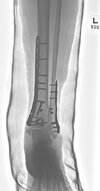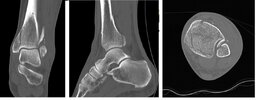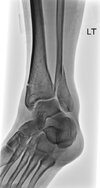- Joined
- Dec 2, 2018
- Messages
- 575
- Reaction score
- 1,008
We are always willing to sit at the table with them, we have many times actually. I think we could come up with a system that works better for the profession and is a fair assessment of competence for podiatrists.
Recently, we offered to meet with them without any pre-conditions.
But let me be clear that the ABPM is moving full-speed ahead with the CAQ and our defense of ABPM BC. We promote fairness, parity, and equity in podiatry.
Dear Dr. XXXX
Yesterday, you may have received an email message from APMA regarding the relationship between ABFAS and ABPM. We thought it best to clarify our position so that the community hears it directly from us. ABFAS is deeply committed to a strong future for the profession and repeats our stance that we are willing to meet with ABPM as soon as it withdraws its surgical CAQ.
- The ABFAS Board of Directors




